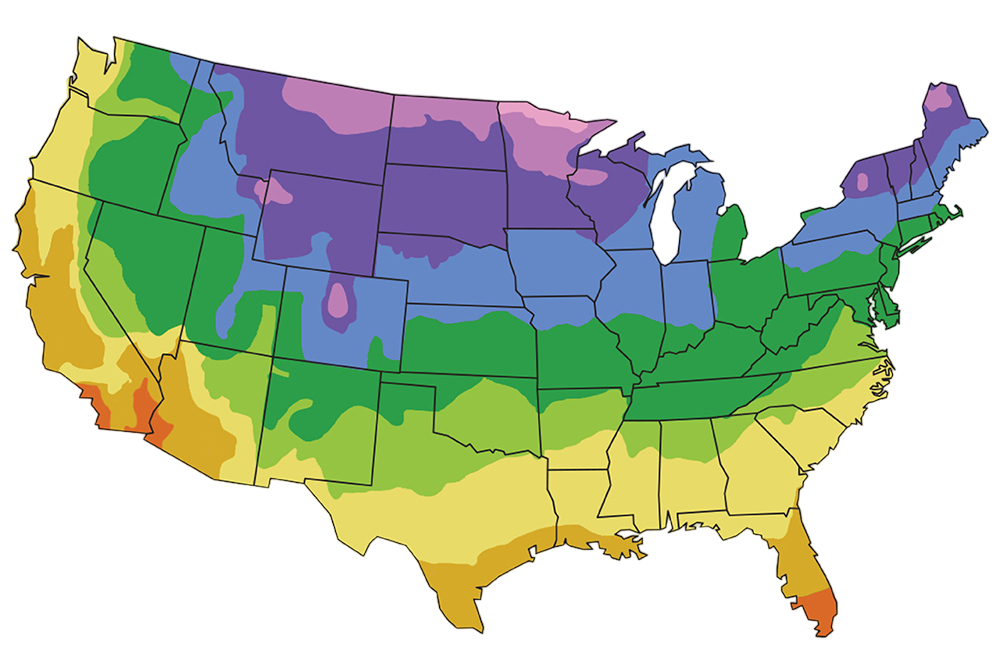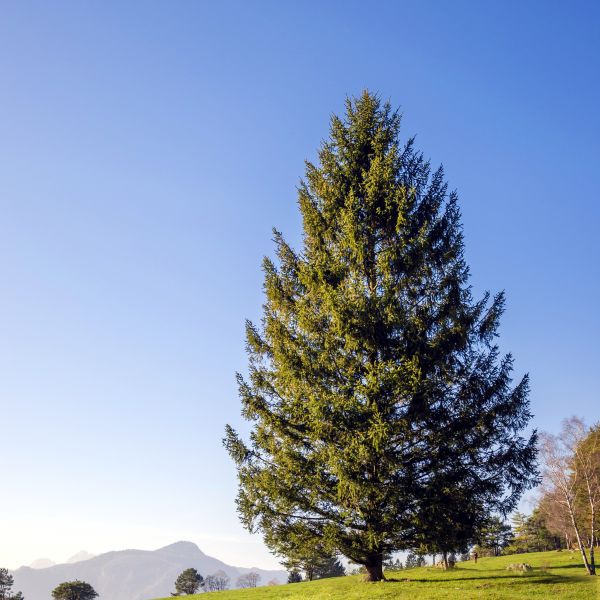
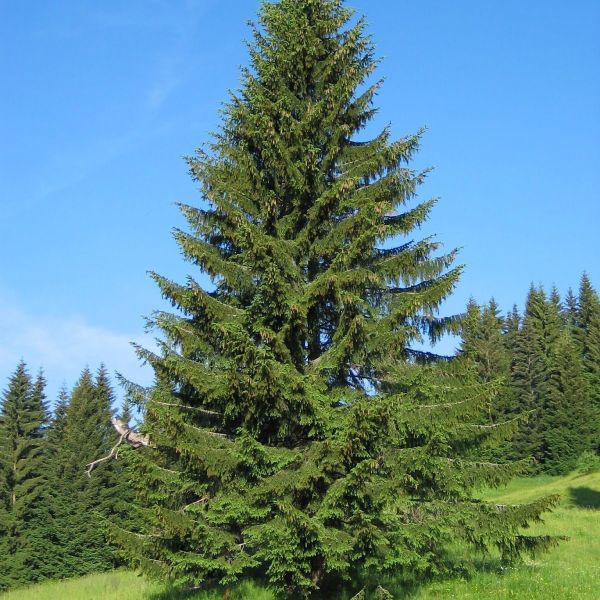

Norway Spruce Tree
Picea abies
88 reviews
Norway Spruce Tree
Picea abies
88 reviews
3.5 Gallon
We are sorry, product is currently out of stock due to seasonal availability. Please check the "Related plants available in your area" section below
Not just beautiful - intentionally selected by ShrubHub's 3D landscape design team to fit real-world spaces and maximize yard potential.
Why Norway Spruce Tree?
The Norway Spruce Tree (Picea abies) is a popular species for timber and paper manufacturing due to its fast growth and durability. It is also commonly used as a Christmas tree due to its conical shape and dense foliage. Native to Europe, this tree can grow up to 200 feet tall and has a lifespan of over 500 years. Its bark is brown-gray and the needles are dark green and slightly curved. The Norway Spruce Tree is also known for its production of high-quality resin.
Sunlight
The Norway Spruce tree requires full sun exposure to thrive and grow properly.
Watering
Norway spruce trees require regular watering, especially during dry spells or droughts. They prefer moist, well-drained soil and benefit from deep watering rather than shallow, frequent watering. Mulching the soil can help retain moisture and reduce water
Fertilizing
Norway Spruce trees typically require a balanced fertilizer with a ratio of nitrogen (N), phosphorus (P), and potassium (K) such as 10-10-10 or 14-14-14. The specific fertilizer requirement may vary depending on the soil and environmental conditions.
A Majestic Fast-Growing Conifer
Norway Spruce Tree is an evergreen beauty that has been around for thousands of years. It’s a classic choice for many gardens, with its beautiful evergreen foliage and tall, stately appearance.
The benefits of this tree go beyond its looks. It’s also a fast-growing tree that can reach heights of up to 60 feet or more, making it the perfect shade and privacy screen for any yard.
Improved Air Quality All Year Round
Aside from its size, the Norway Spruce Tree is an excellent choice for anybody seeking to enhance the air quality in their landscape. Because of its capacity to absorb toxins from the air, this tree is an ideal choice for anybody living in a city or near a busy road.
A Native Habitat For Wildlife
That’s not all! By planting a Norway Spruce Tree in your garden, you can attract various forms of wildlife. Its thick foliage offers a wonderful shelter for birds and other small creatures, and its seeds are a favorite meal for squirrels and other species.
Whether you're looking for shade, privacy, improved air quality, or wildlife habitat, this tree has it all. Order your own marvelous Norway Spruce Tree today!
Plant Information:
| Botanical Name: | Picea abies |
| USDA Zones: | 2 - 8 |
| Exposure: | Full Sun |
| Soil Needs: | Widely Adaptable |
| Mature Height: | 50 - 70 feet |
| Mature Spread: | 25 - 35 feet |
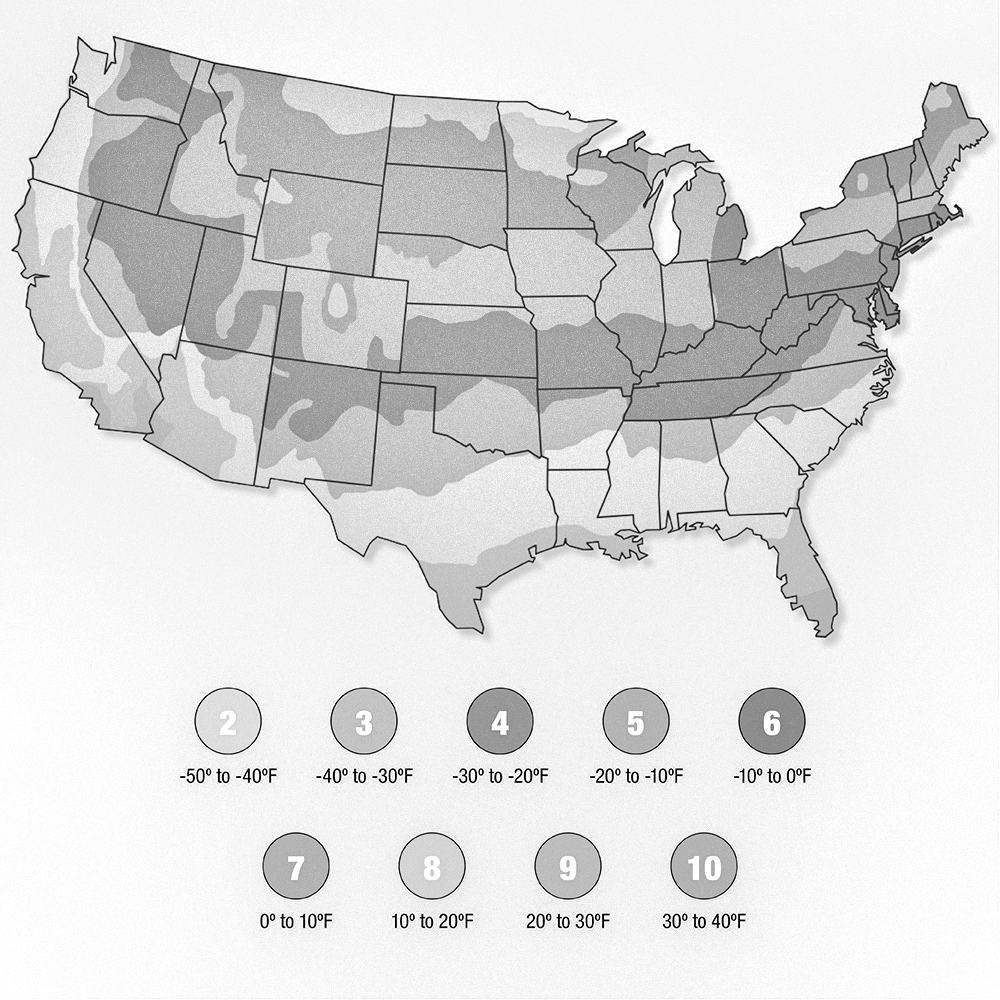


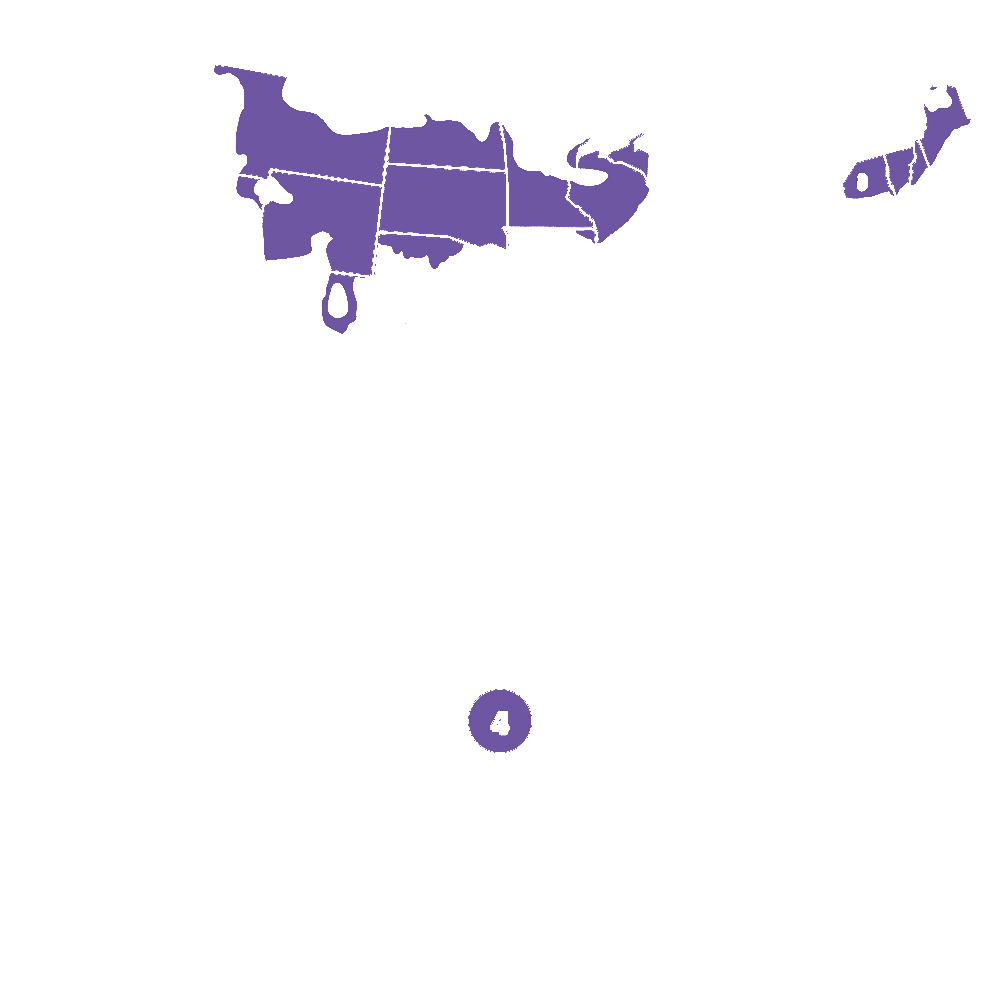
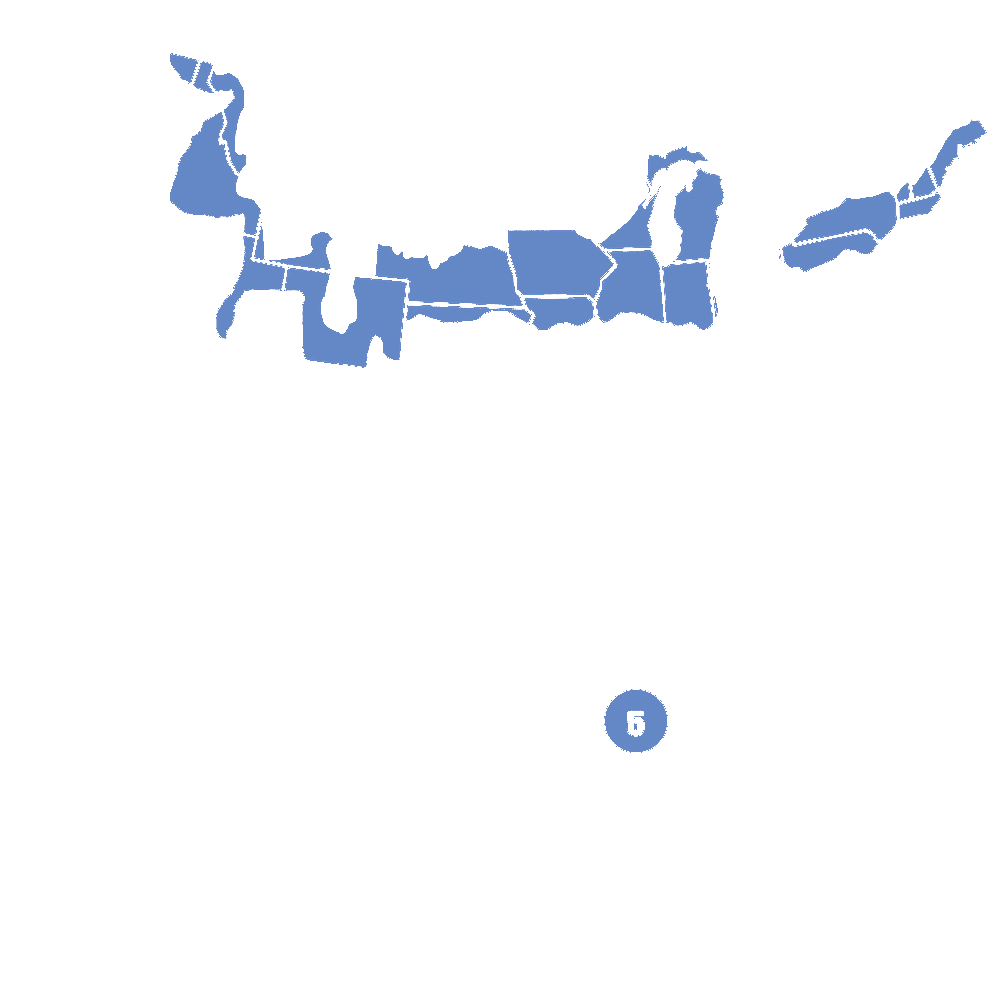
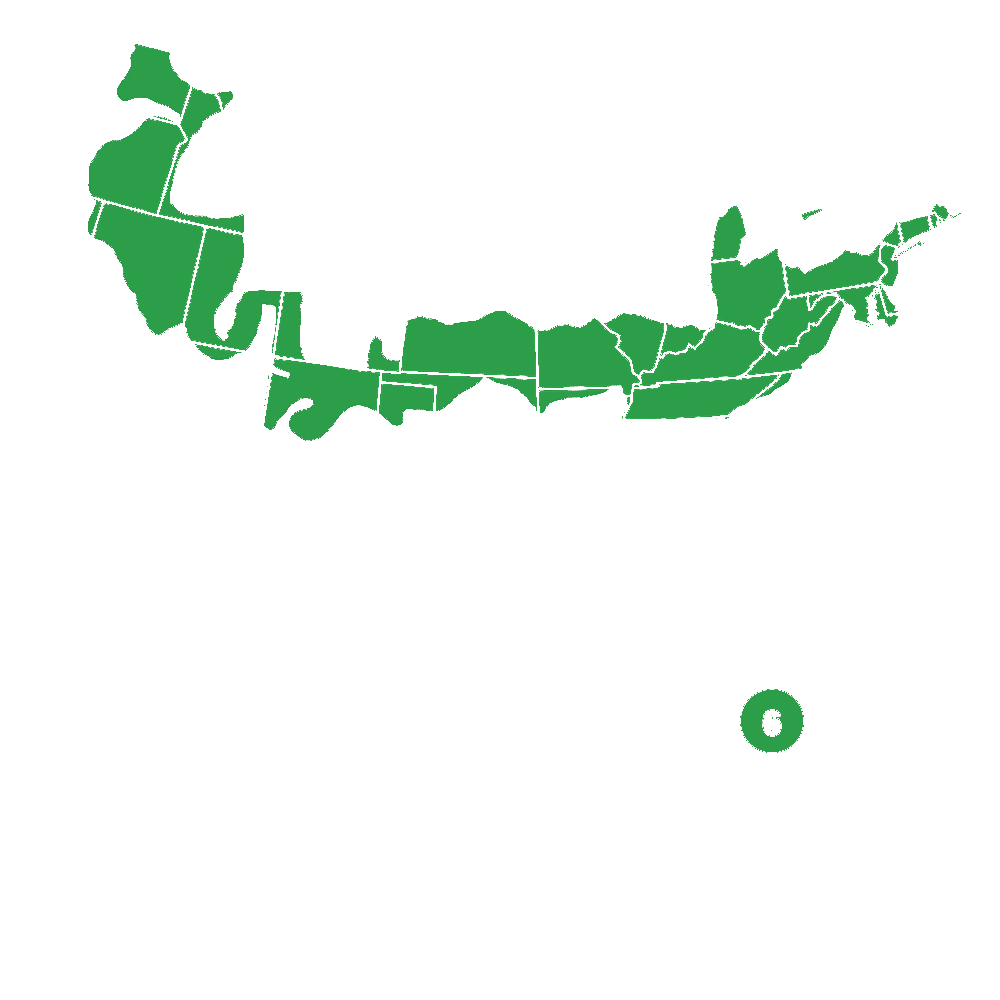
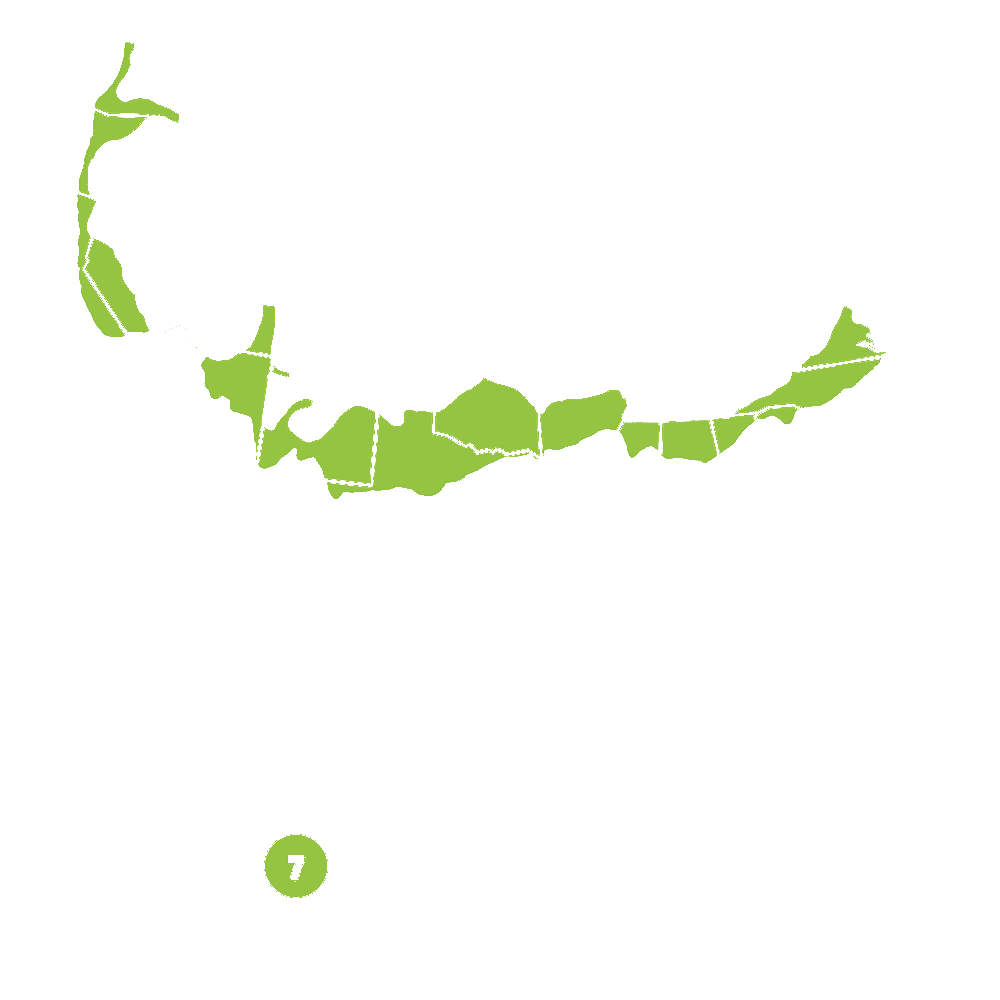
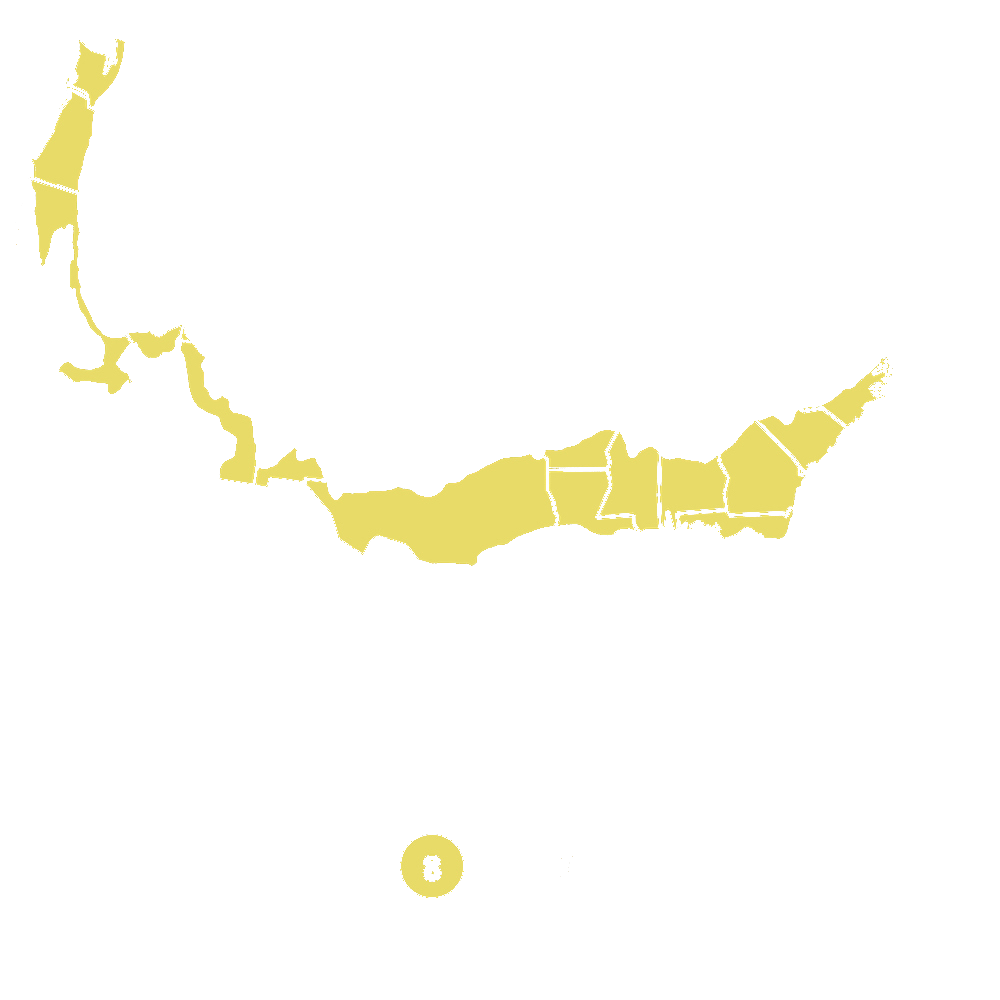
Pollination Info
Pollination Info for Norway Spruce Tree (Picea abies)
The Norway Spruce Tree (Picea abies) is pollinated by wind. This means that the tree does not require any type of insect or animal to transfer its pollen to the female cones. Instead, it relies on the wind to carry the pollen from the male cones to the female cones.
Male cones are smaller and can be easily recognized by their yellow color. They produce a large amount of pollen during the springtime months, which is carried by the wind to the female cones. Once the pollen reaches the female cones, it fertilizes the ovules inside, which eventually become the seeds that the tree produces.
It is important to note that Norway Spruce Trees are monoecious, which means that they have both male and female reproductive structures on the same tree. This allows for efficient pollination and seed production, as the tree does not have to rely on another individual for reproduction.
In conclusion, the Norway Spruce Tree is pollinated by wind and does not require any type of animal or insect for pollination. The tree's monoecious nature allows for efficient pollination and seed production, making it a successful species in its ecosystem.
FAQ
Norway Spruce Tree (Picea abies) FAQ
Q: What is a Norway Spruce Tree?
A: Norway Spruce Tree (Picea abies) is an evergreen tree that grows in the forests of Europe and Asia. It is one of the most widely planted conifers in the world and is commonly used for timber, paper, and Christmas trees.
Q: How tall do Norway Spruce Trees grow?
A: Norway Spruce Trees are known for their height and can grow up to 200 feet tall in ideal growing conditions. However, it is more common for them to grow between 40 and 80 feet tall.
Q: What are the characteristics of a Norway Spruce Tree?
A: Norway Spruce Trees have medium to dark green needles that are around 0.5 to 1 inch long. The needles grow in a spiral pattern around the branches of the tree. The bark is gray and smooth when the tree is young, but becomes furrowed and scaly as it ages.
Q: How fast do Norway Spruce Trees grow?
A: Norway Spruce Trees grow at a moderate to fast rate, typically growing between 12-24 inches per year under ideal conditions.
Q: Where should I plant a Norway Spruce Tree?
A: Norway Spruce Trees prefer full sun to partial shade and well-drained soil that is slightly acidic. They are cold-hardy and can tolerate a variety of soil types and temperatures, but prefer cool temperatures with consistent moisture.
Q: How do I care for a Norway Spruce Tree?
A: Norway Spruce Trees require minimal maintenance, but need regular watering during dry spells and annual pruning to remove dead or damaged branches. Fertilizer can also be applied once a year in the spring.
Q: What pests or diseases affect Norway Spruce Trees?
A: Norway Spruce Trees are susceptible to a number of pests and diseases, including spruce budworm, spider mites, needle cast, and root rot. Regular monitoring and early intervention can help prevent serious damage.
Q: Can Norway Spruce Trees be used as Christmas trees?
A: Yes, Norway Spruce Trees are often used as Christmas trees due to their height, shape, and longevity. They have a classic look and scent, but may not hold their needles as well as other species when cut.
Planting & Care
Planting & Care for Norway Spruce Tree (Picea abies)
Planting
- Choose a location with well-draining soil and full sun to partial shade.
- Dig a hole that is twice the width of the root ball and just as deep.
- Remove the tree from its container and gently loosen roots.
- Place the tree in the hole, ensuring that the roots are spread out and not twisted.
- Backfill the hole with soil and water well to settle soil.
- Spread a layer of mulch around the base of the tree, but do not let it touch the trunk.
Care
- Water the tree regularly, especially during dry spells, to keep the soil moist.
- Fertilize in early spring with a slow-release fertilizer formulated for evergreen trees.
- Prune annually to maintain shape and remove any dead or damaged branches.
- Protect from pests and diseases by keeping the tree healthy and free of debris around the base.
- Avoid planting near power lines as this tree can reach heights of 40-60 feet.
Check Out These Verified Customer Reviews:
Customer Reviews
4.7 out of 5 based on 88 reviews
Thank you! Your review has been submitted.
Impressed with the customer service, quick response to my inquiries.
Thrilled with the full and healthy branches of the tree.
Thriving tree, exceeded my expectations in size and appearance.
Item has been added to your cart.

